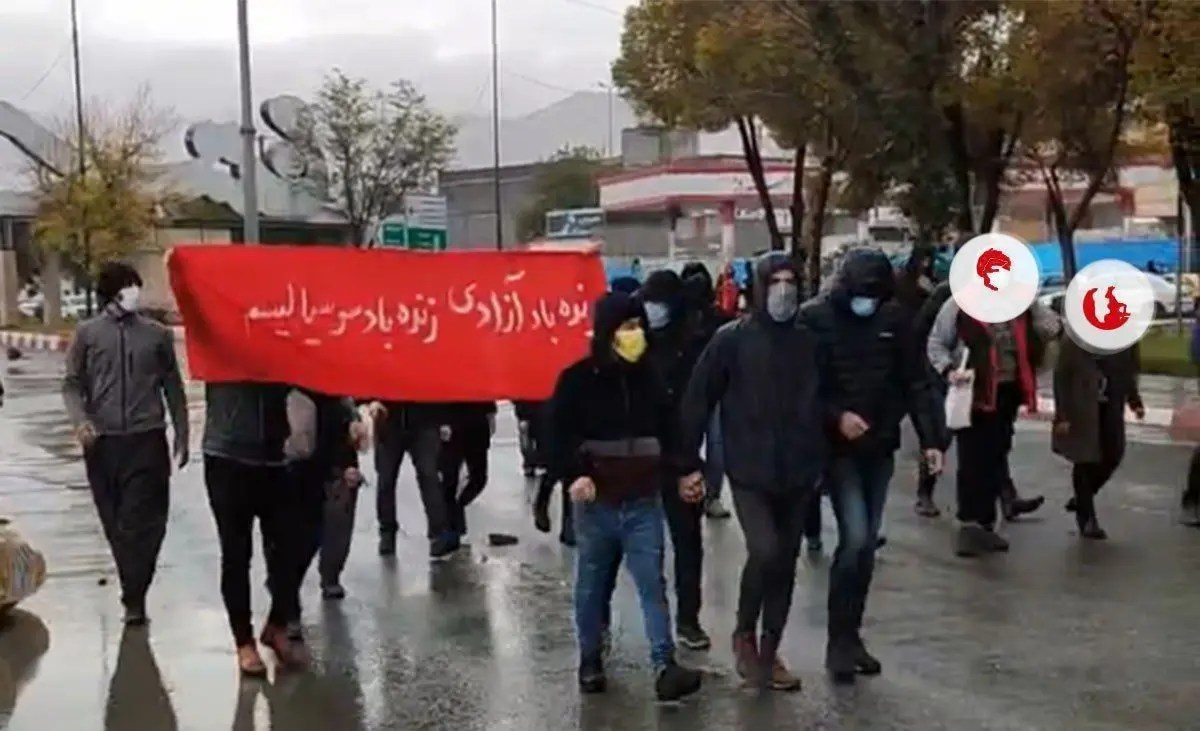Iran
-
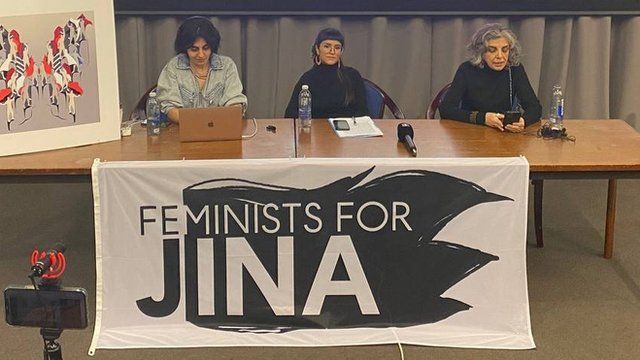
A global network of feminist collectives and activists, known as “Feminists for Jina,” is amplifying the voice of the ongoing “Jin, Jiyan, Azadî” Revolution in Iran and working to strengthen its transnational elements. The group comprises individuals from diverse backgrounds and perspectives, united in their goal to fight for equality and freedom.
-
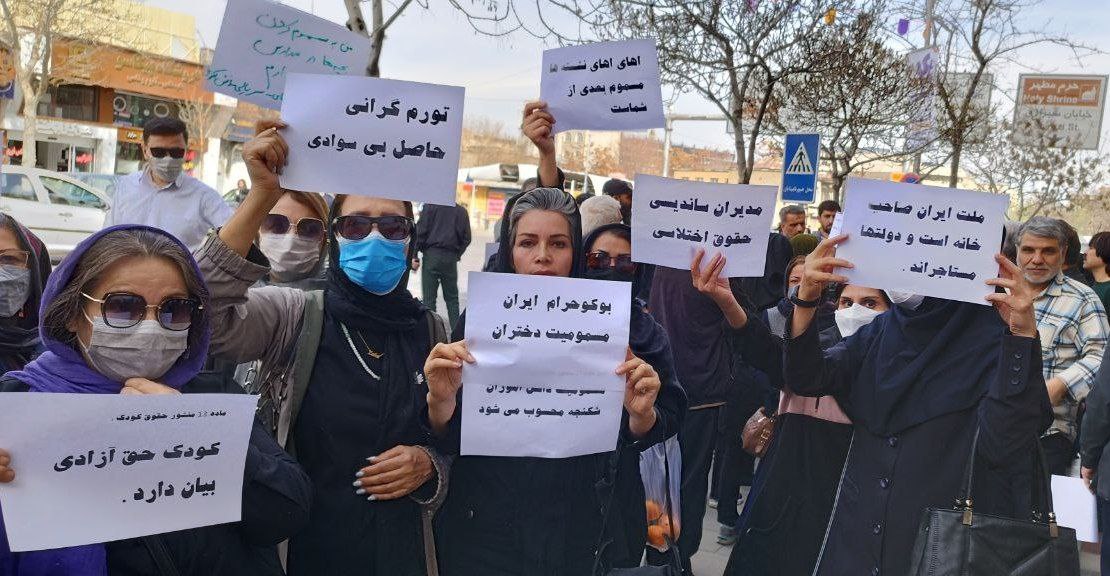
In a powerful display of collective action, teachers across Iran have taken to the streets to demand the safety and security of female students in their schools. Undeterred by the repressive forces and uniforms of the Islamic Council in Tehran, these educators have rallied in dozens of cities, from Mashhad to Isfahan, to decry the spread of chemical attacks on their students.
-
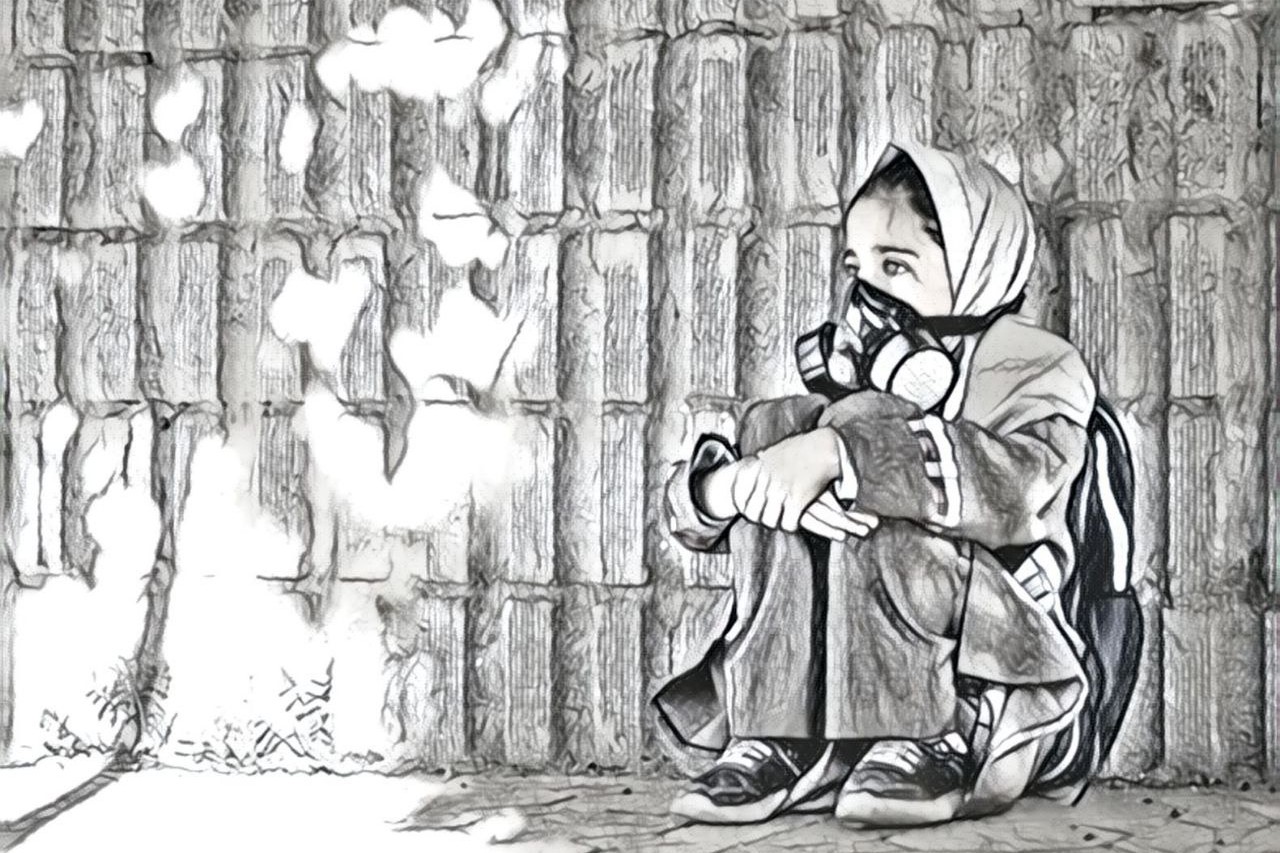
The “Women, Life, Freedom” movement, which involved removing the hijab, tearing pictures of Khamenei and Khomeini, and chanting slogans mostly in girls’ schools, has infuriated the regime to such an extent that they have given the green light to use their powers to retaliate against this uprising. This is a longstanding behavior in the history of the Islamic Republic, with examples including serial murders, gang killings, and acid attacks against women in Isfahan. These actions are deeply disturbing and cause terror among the people.
-
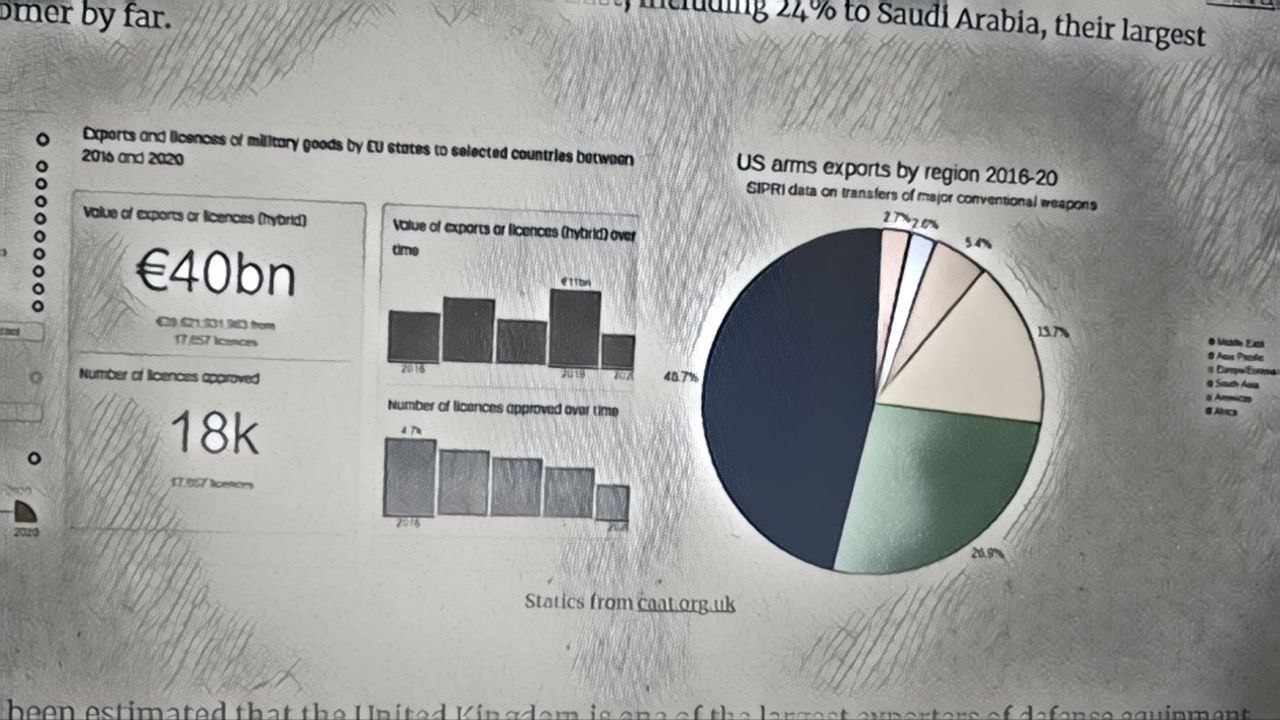
As is to be expected, the arms and oil trades have become the lifeblood of the Middle East, with great powers like the United States, Russia, and China vying for a piece of the pie. Indeed, the lion’s share of arms exports to the region can be attributed to these very countries, their military equipment ranging from small arms to top-of-the-line fighter jets and missile defense systems. In fact, the United States alone accounts for a whopping 50% of all arms exports to the region in 2018.
-
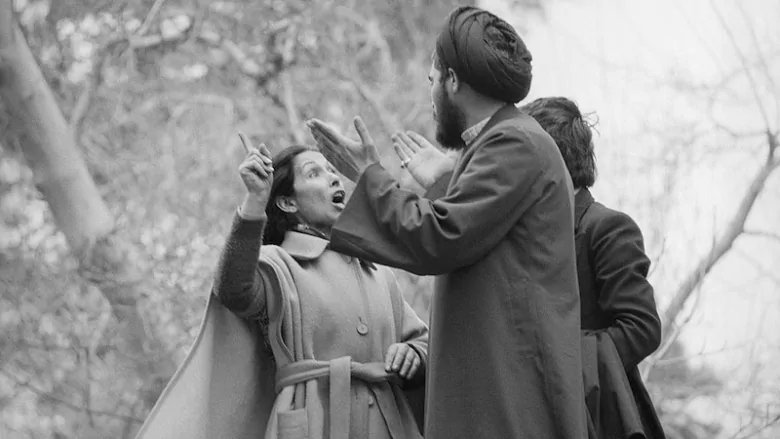
This text discusses the impact of the 1979 revolution in Iran on the country’s political, intellectual, and cultural space, as well as the transformation of the left in Iran. The revolution was a widespread and spontaneous movement driven by the demands and rights of the people, and was not the result of any specific political party or force. Tthe revolution had no relation to Islam and was anti-revolutionary, with the failure of the 1957 revolution due to the anti-revolutionary actions of the Iranian bourgeoisie and their Western supporters. The West, particularly the United States, could not tolerate the potential for…
-
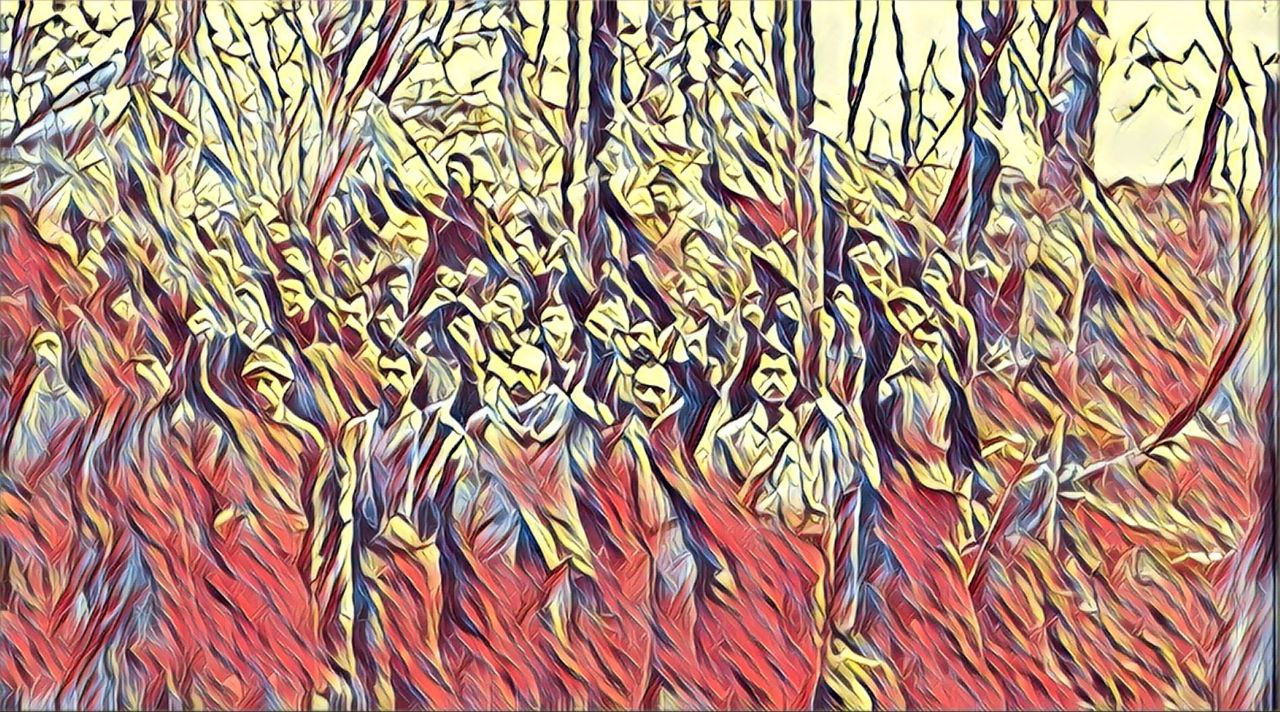
In the 1980s, following the Iranian Revolution, a wave of repression and violence was directed against leftist political opponents by the newly established Islamic Republic. This included the execution of many left-wing political prisoners, who were seen as threats to the new regime. The exact number of political prisoners executed during this time is unknown, but it is estimated that thousands were killed. The executions were carried out in a number of prisons across the country and were often accompanied by widespread torture and other forms of abuse.
-
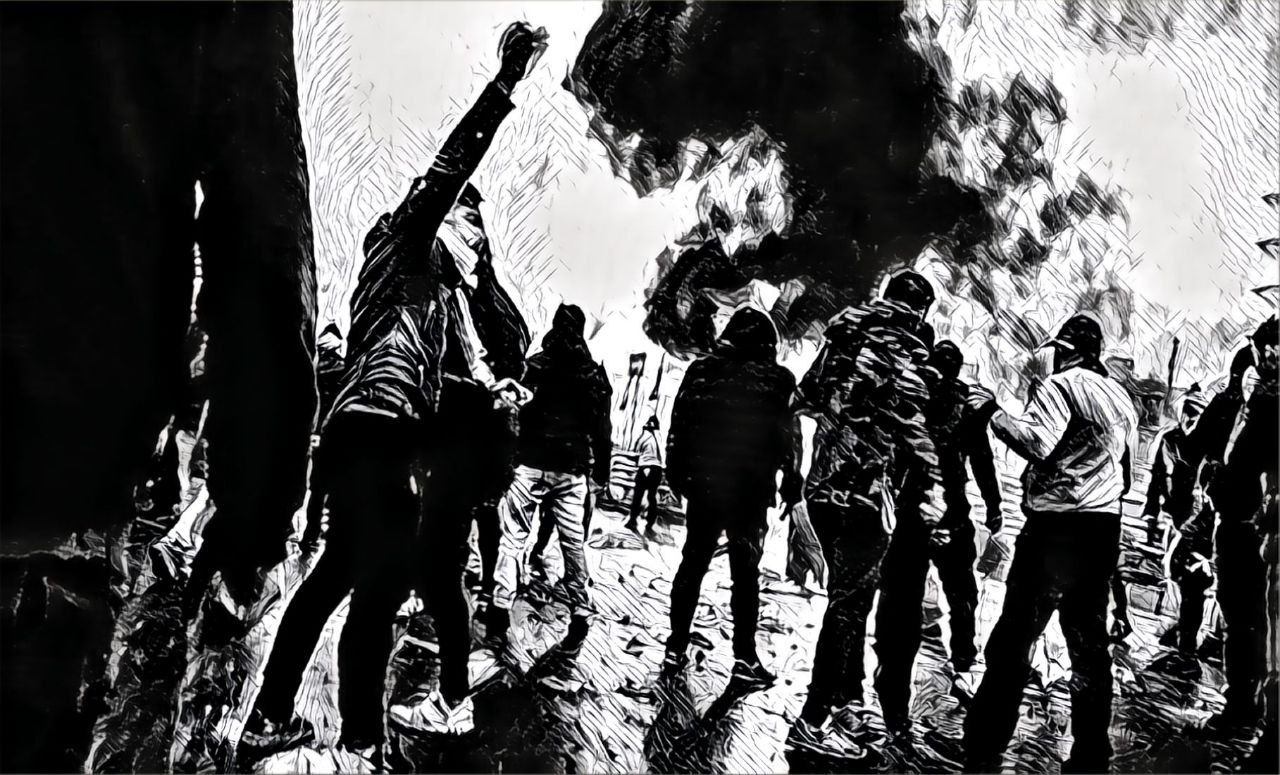
Here we talk about Marxist aesthetics, which does not examine a mechanical opposition of form and substance or the primacy of spirit over matter, and neither it examines the objective and subjective aspects of phenomena separate from each other; but, as a unique aesthetic, tries to examine the relationship between parts and the totality, the general and the particular features of things to make [these relationships] visible to those who cannot see it otherwise. For a better cognition of phenomena, we need a Kantian aesthetics of power of judgment. Therefore, in Marxist aesthetics, one can find traces of Kant’s idealistic…
-
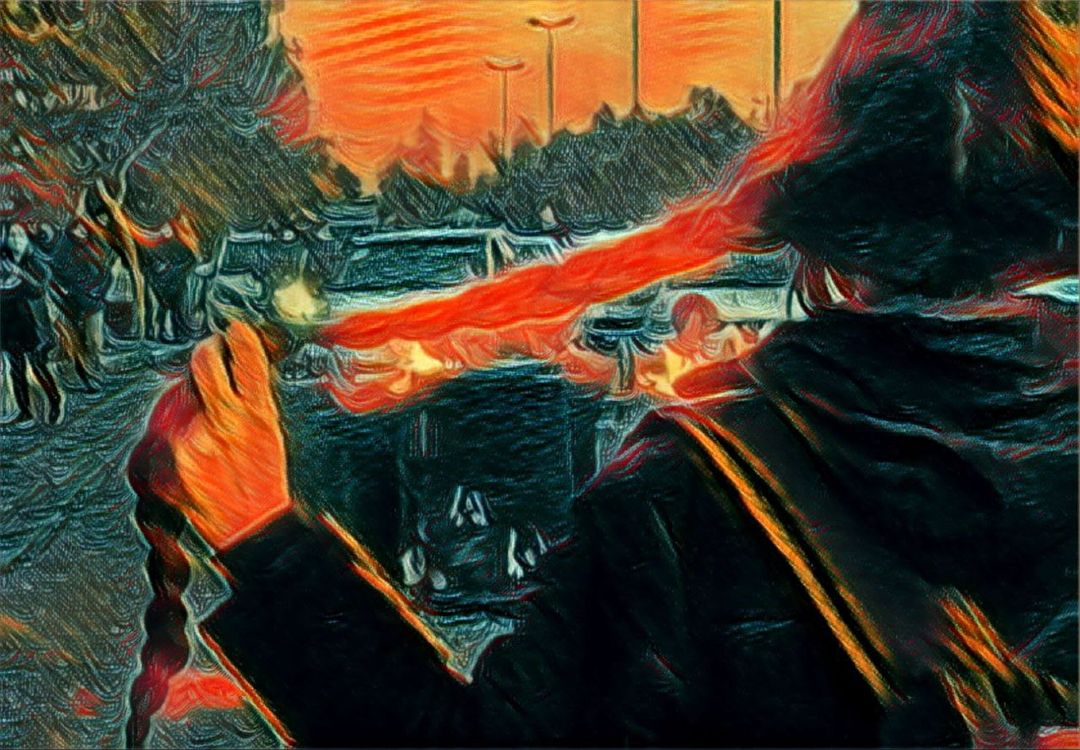
The revolutionary rise of “Women, Life, Freedom” has resulted in opposition from workers, women activists, and young people seeking freedom and equality not just against the capitalist government, but also against the manufacturing pro-Western leaders and alternatives. The freedom and equality movement seeks nothing less than the end of capitalist rule and the achievement of happiness and freedom.
-
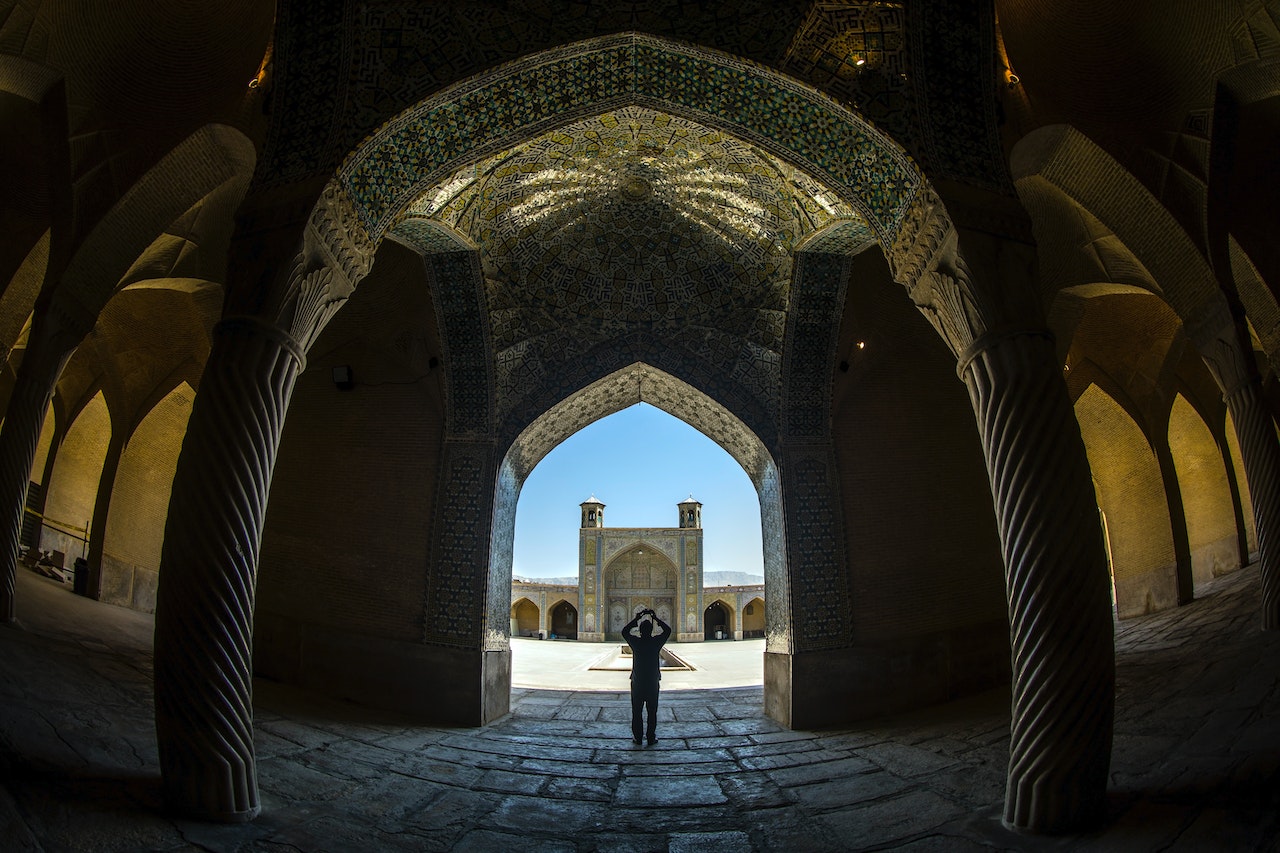
Recently, a TV debate on women’s rights in Iran has caused controversy. Dr. Maryam Nasr, a member of the Women’s Studies Department at the Research Institute of Humanities and Cultural Studies, and a clergyman named Majid Dehghan, a faculty member at the Women and Family Research Institute, discussed the topic of “Sovereignty and Gender Issues” on a television program.
-
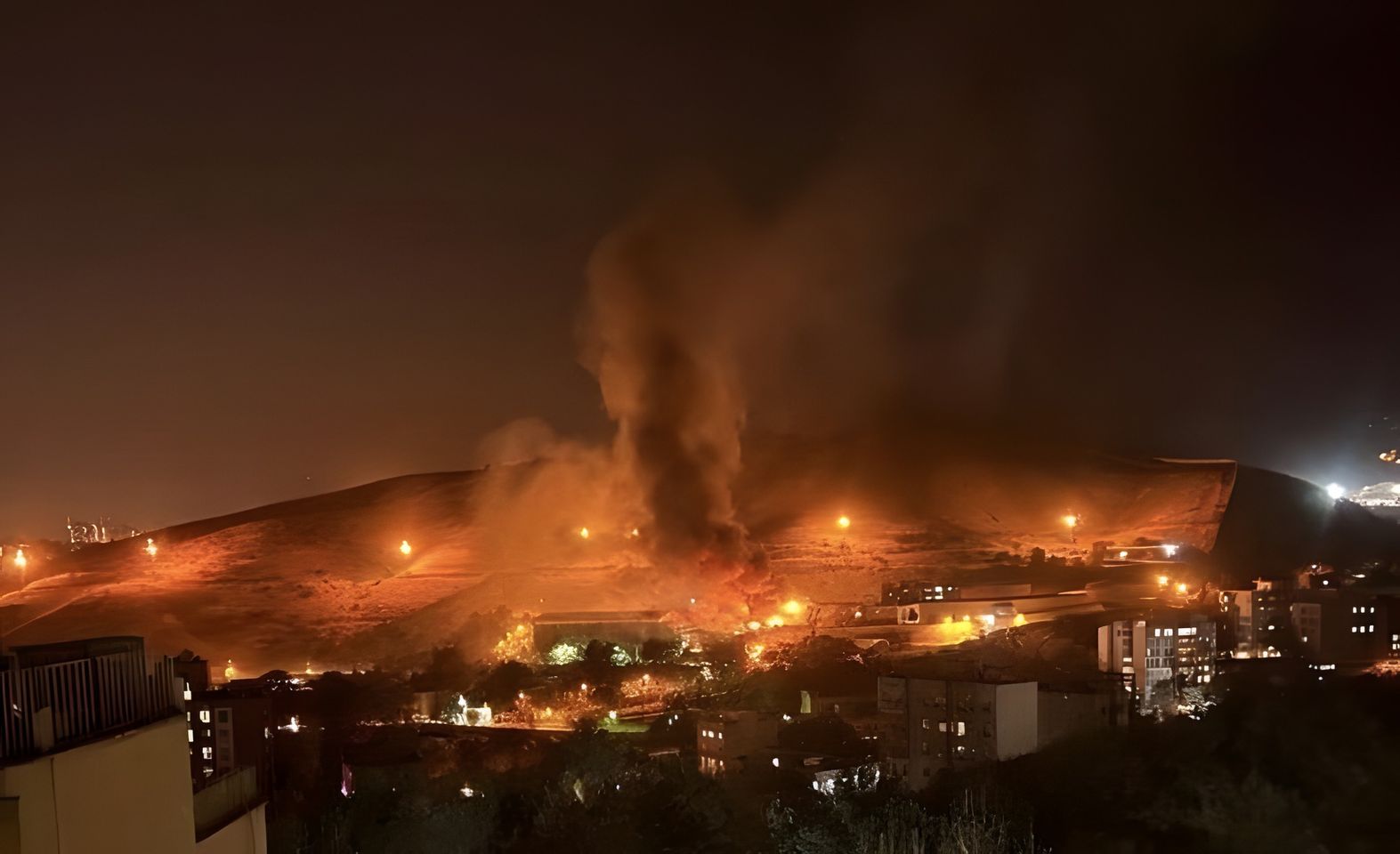
On October 15th, a tragic event occurred at Evin prison in Iran, one of the country’s most feared facilities. Despite the passage of three months, the exact details of what happened remain a mystery, as independent investigations are not permitted in the Islamic Republic. Among the prisoners held at Evin are political dissidents, ordinary citizens, and those arrested for participating in recent anti-government protests.
-
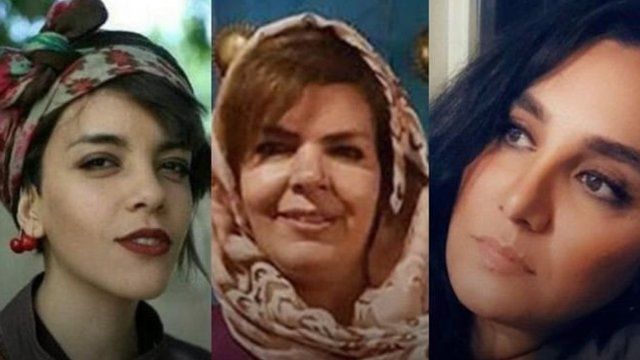
Mozhgan Keshavarz, an Iranian feminist, was arrested in early 2019 along with two other women’s rights activists, Munirah Arabshahi and Yasman Ariani (mother and daughter), for protesting against the compulsory hijab. Before their arrest, these three had published a video on social media giving flowers to women in the metro without hijab on 8 March. The three were charged with “gathering and coordinating with the aim of acting against national security,” “propaganda against the government,” and “promoting and encouraging prostitution through the promotion of not wearing hijab.”
